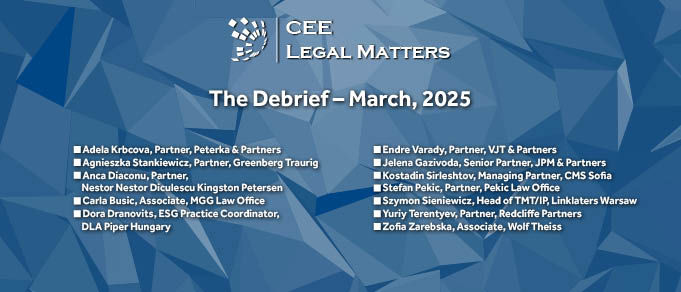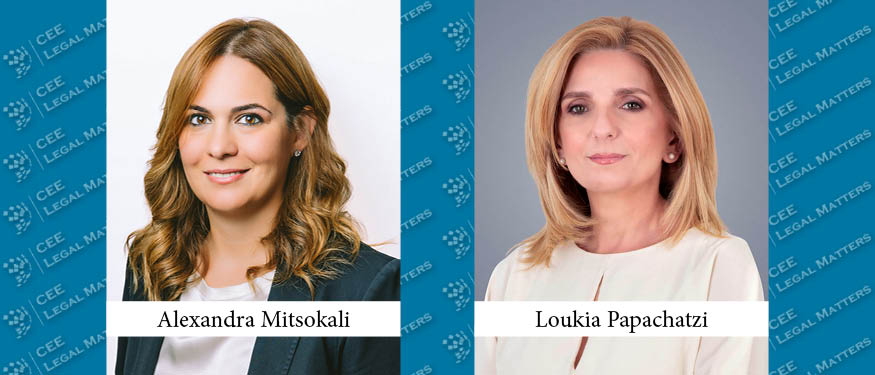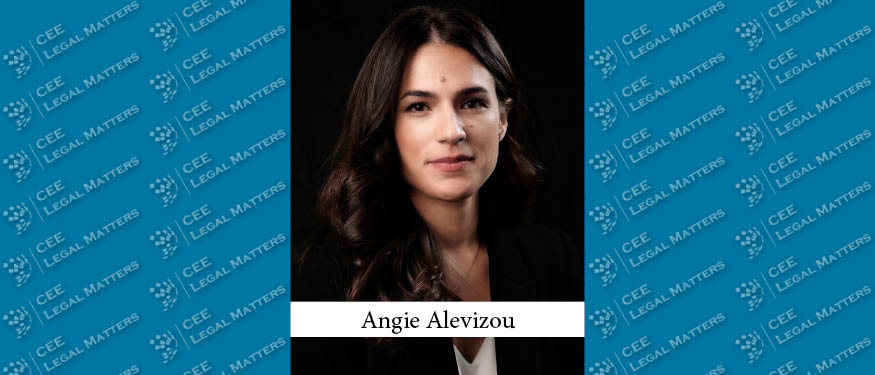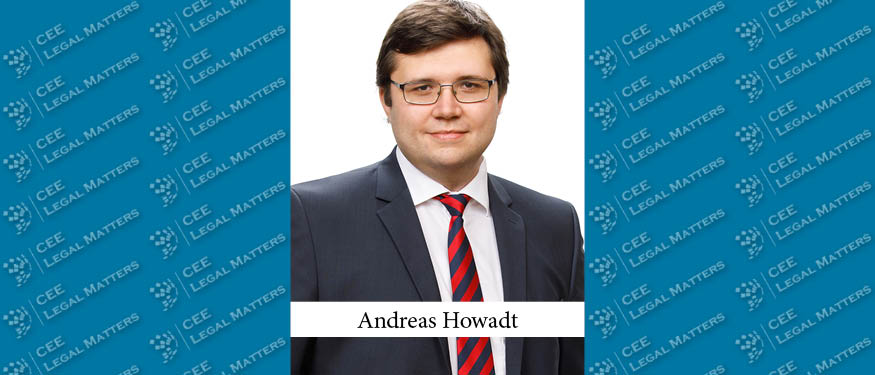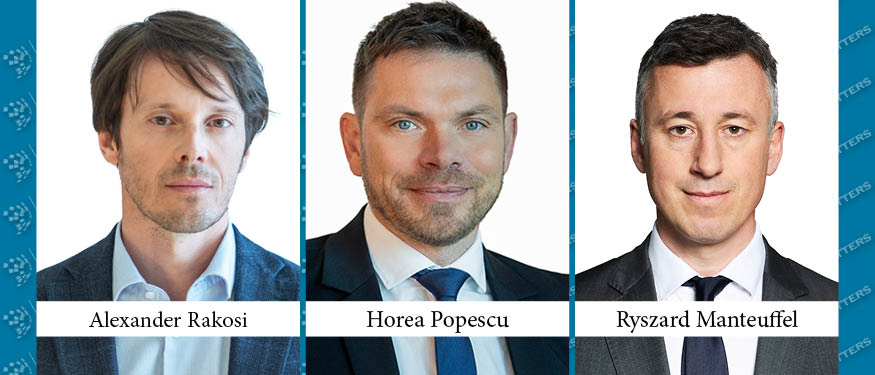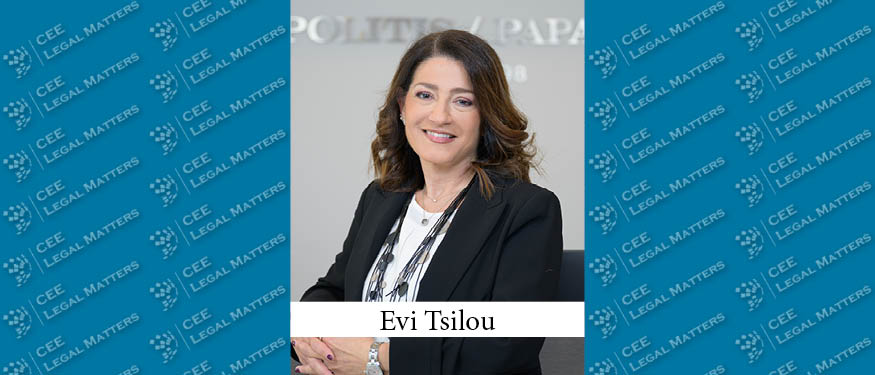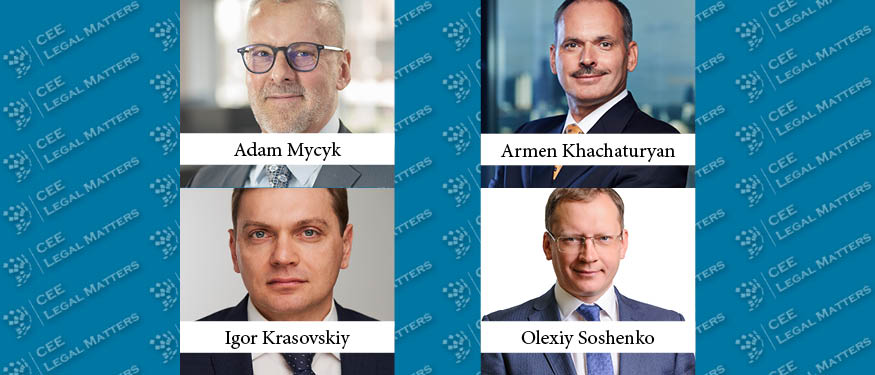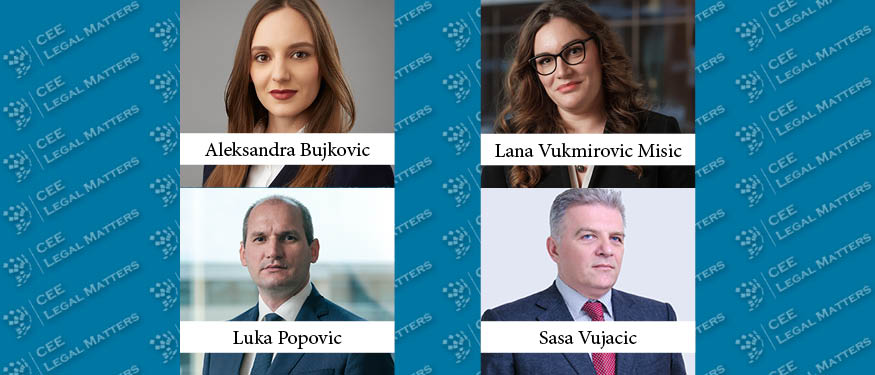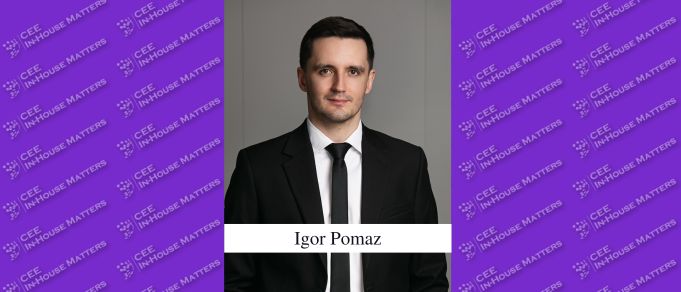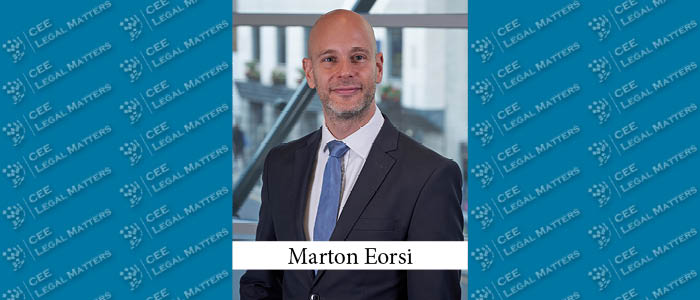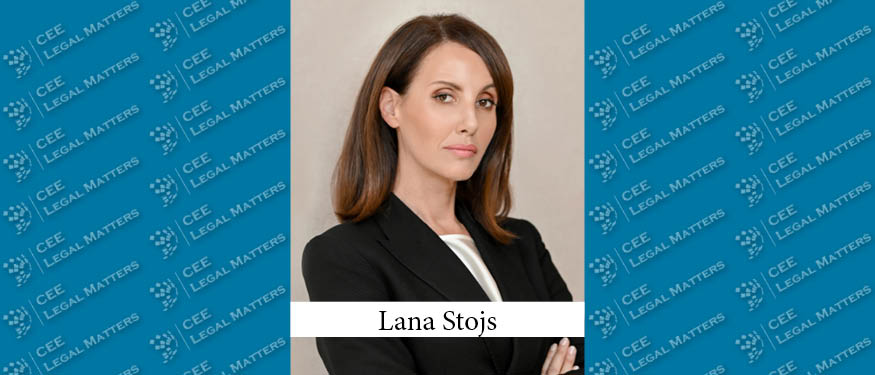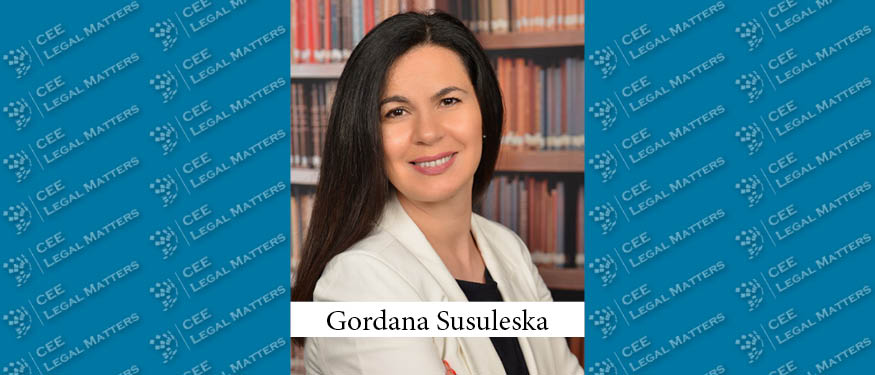In The Debrief, our Practice Leaders across CEE share updates on recent and upcoming legislation, consider the impact of recent court decisions, showcase landmark projects, and keep our readers apprised of the latest developments impacting their respective practice areas.
The Corner Office: The Next Big Thing
In The Corner Office, we ask Managing Partners at law firms across Central and Eastern Europe about their backgrounds, strategies, and responsibilities. This time around, we asked: For 2025, what is the one sector or industry in the country that shows the most promise for growth, and why?
Greece’s Real Estate: A Market with a View
After a decade of economic challenges, Greece’s real estate market is thriving, fueled by a tourism boom and strong foreign investment. With property prices still below pre-crisis levels and a growing focus on sustainability, PPT Legal Partner Alexandra Mitsokali and Moussas & Partners Senior Partner Loukia Papachatzi explore the sector’s revival.
Greece’s Golden Visa: A Decade of Evolution
Since its initial launch in 2013, Greece’s Golden Visa program has proven to be one of Europe’s most enduring residency-by-investment initiatives. Over the years, it has continuously adapted to shifting economic conditions, investment landscapes, and EU-level scrutiny. Drakopoulos Senior Associate and Head of Immigration Angie Alevizou takes a closer look at its evolution, outcomes, potential future changes, legal challenges, and competitiveness going forward.
A Wave of Major Insolvencies in Austria
Austria continues to experience a wave of significant insolvencies, stretching court resources and prompting comparisons to past recessions. Recent legal frameworks have introduced new possibilities for restructuring, though so far with limited uptake. Taylor Wessing Counsel & Head of Insolvency Andreas Howadt examines both the immediate pressures – rising liabilities, high-profile failures, and logistical strains – and the evolving legal environment looking ahead to 2025.
Credibility by Design: Three Essentials for Small Law Firms
In the legal industry, trust and credibility are foundational elements. Smaller firms that don’t yet have the name recognition of established brands have to build that trust from the ground up. So how can they go about it?
Deal Expanded: Telekom Srbija’s EUR 1.5 Billion Move Into Regional Content
On February 19, 2025, CEE Legal Matters reported that Gecic Law advised on Telekom Srbija's acquisition of NetTV Plus, Total TV operations in Serbia and North Macedonia, and Western Balkans Sport Klub rights licenses from United Group. The transaction with a combined enterprise value of EUR 1.5 billion is one of the largest telecom sector deals in Serbia and the broader Balkans region’s history. With the deal recently closed after securing merger clearances in four jurisdictions (Serbia, Bosnia and Herzegovina, Montenegro, and North Macedonia), Gecic Law Partners Bogdan Gecic, Ognjen Colic, and Miodrag Jevtic take a closer look at the deal.
The Epidemic of Generic: The Problem with Law Firm Messaging
Big law firms can coast on boring slogans. They’ve got the clout, the infrastructure, and the impressive list of past clients to do the talking. But if you’re a smaller firm and your website sounds like everyone else’s, you are disappearing into the beige background of legal marketing noise.
Similar Volume, Lower Values: A CMS CEE M&A Report
CMS Partners Horea Popescu, Alexander Rakosi, and Ryszard Manteuffel discuss the ebb and flow of M&A deals in CEE, highlighting that the M&A landscape experienced a significant drop in overall deal values prompting strategic shifts amid ongoing geopolitical and financing challenges.
Guest Editorial: Lawyering in Greece – Opportunities, Challenges, and the Path Forward
Lawyering in Greece presents both significant opportunities and challenges, shaped by the country’s rich legal heritage, its evolving economic landscape, and its uniquely strategic geographical position.
The Corner Office: 2024 in (Volume) Review
In The Corner Office, we ask Managing Partners at law firms across Central and Eastern Europe about their backgrounds, strategies, and responsibilities. With 2024 behind us, we asked: Looking at transactional volumes for this year, would you say that 2024 was better or worse than what you originally expected it to be, and why?
Private Healthcare in CEE
The private healthcare sector across CEE has been expanding at a remarkable pace, reshaping the way people access and experience medical care.
Shielding Investments: War-Risk Insurance in Ukraine
In the midst of ongoing conflict, one solution is emerging that could be a crucial factor in attracting foreign investment to Ukraine: war risk insurance. Asters Senior Partner Armen Khachaturyan, Dentons Partner Adam Mycyk, Integrites Partner Igor Krasovskiy, and Redcliffe Partners Managing Partner Olexiy Soshenko discuss how this specialized insurance product is shaping the investment landscape.
Sunny Prospects: Montenegro’s Real Estate and Hospitality Sectors on Solid Ground
Montenegro’s real estate and hospitality sectors have been gaining momentum, driven by the country’s natural beauty, strategic location, and an increasingly favorable investment environment. Keker, Bujkovic, Pejovic Partner Aleksandra Bujkovic, JPM Partners Senior Partner Lana Vukmirovic Misic, BDK Advokati Senior Partner Luka Popovic, and Vujacic Law Office Partner Sasa Vujacic discuss the country’s competitive advantages, challenges faced by investors, and the steps needed to further enhance its appeal to foreign capital.
Ukrainian GCs on Trends in Hiring Local Counsels and Use of Legaltech
In October-November 2024, we interviewed Ukrainian general counsels to understand current trends in engaging local counsels and use of legaltech in their day-to-day activity. Interviews were held to demonstrate to in-house lawyers, international law firms, and investors the most effective tools for selecting local counsel.
2025 Regional CEE GC Summit Sneak Peek: Interview with Marton Eorsi of Addleshaw Goddard
With preparations for the 2025 CEE Legal Matters Regional General Counsel Summit and Deal of the Year awards gala in Prague in full swing, Marton Eorsi, a Corporate Finance Partner at Addleshaw Goddard’s London office, shares his thoughts about the upcoming event and what he's looking forward to the most.
An Outlook on 2025: Banking and Finance in Croatia
Gospic Plazina Stojs Partner Lana Stojs talks about banking and finance in 2025 in Croatia.
An Outlook on 2025: Banking and Finance in North Macedonia
Law Office Lazarov Attorney at Law Gordana Susuleska-Itic talks about banking and finance in 2025 in North Macedonia.

